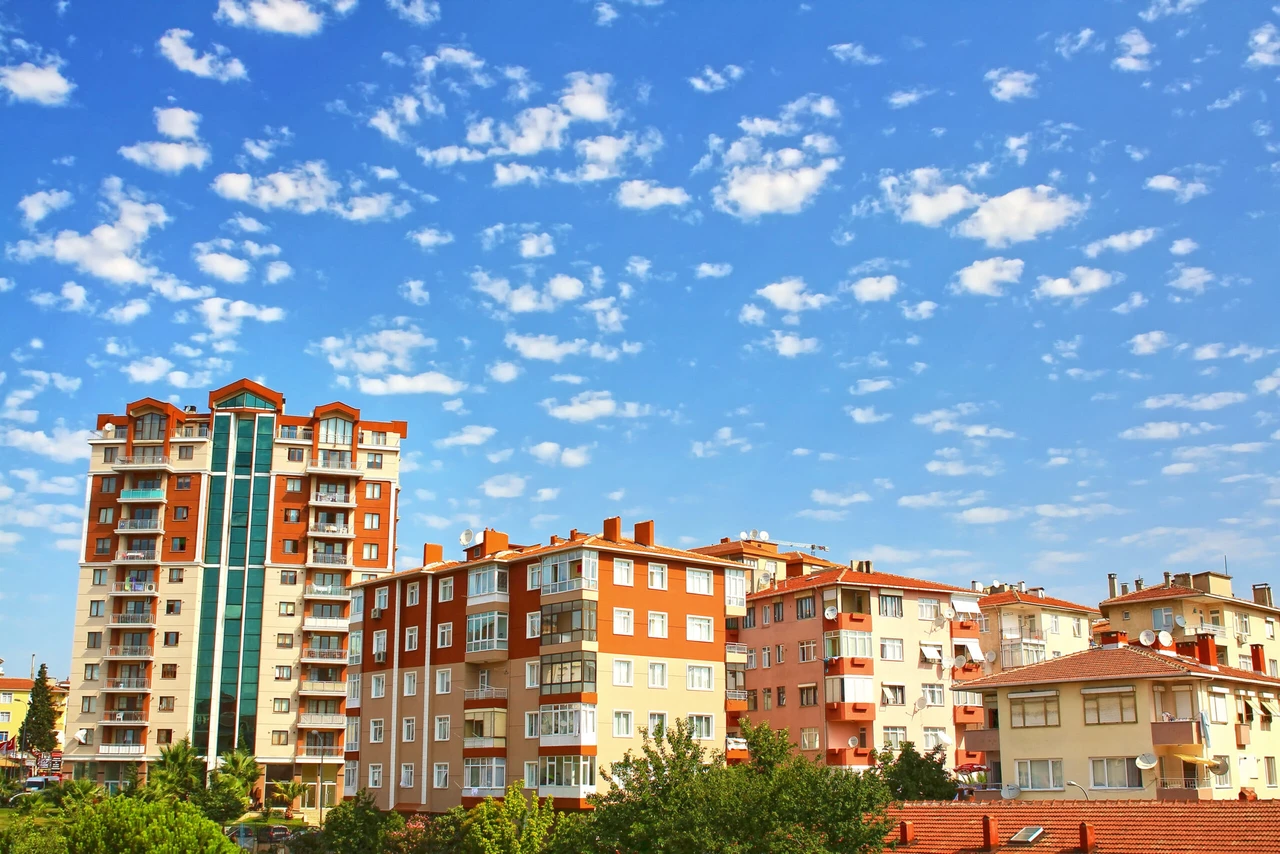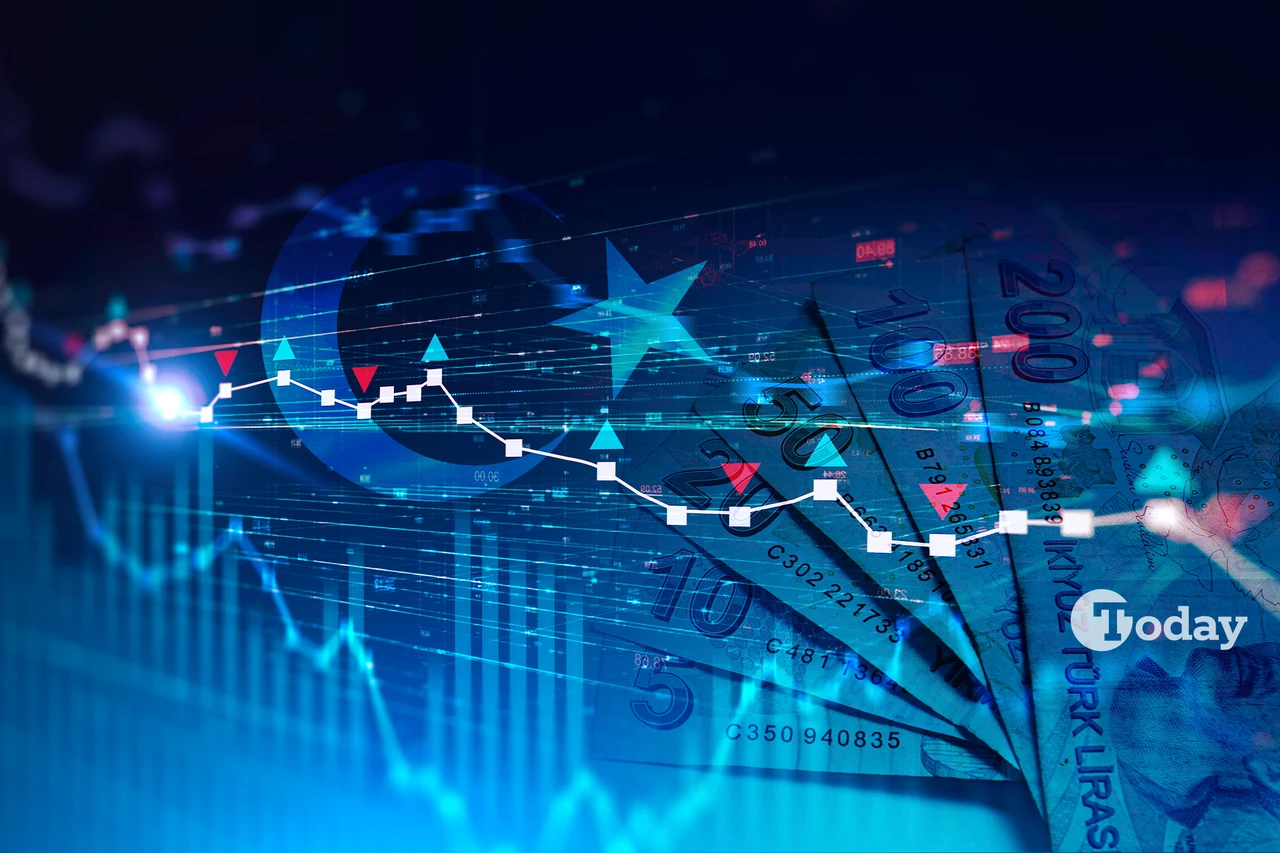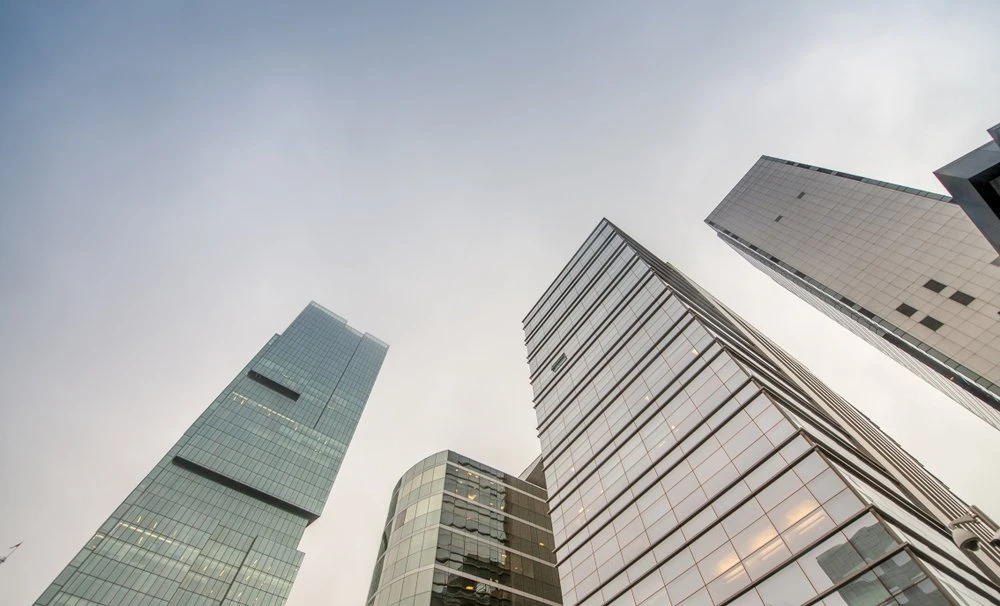Turkish, EU business leaders urge Customs Union update, cite Türkiye’s stronger position
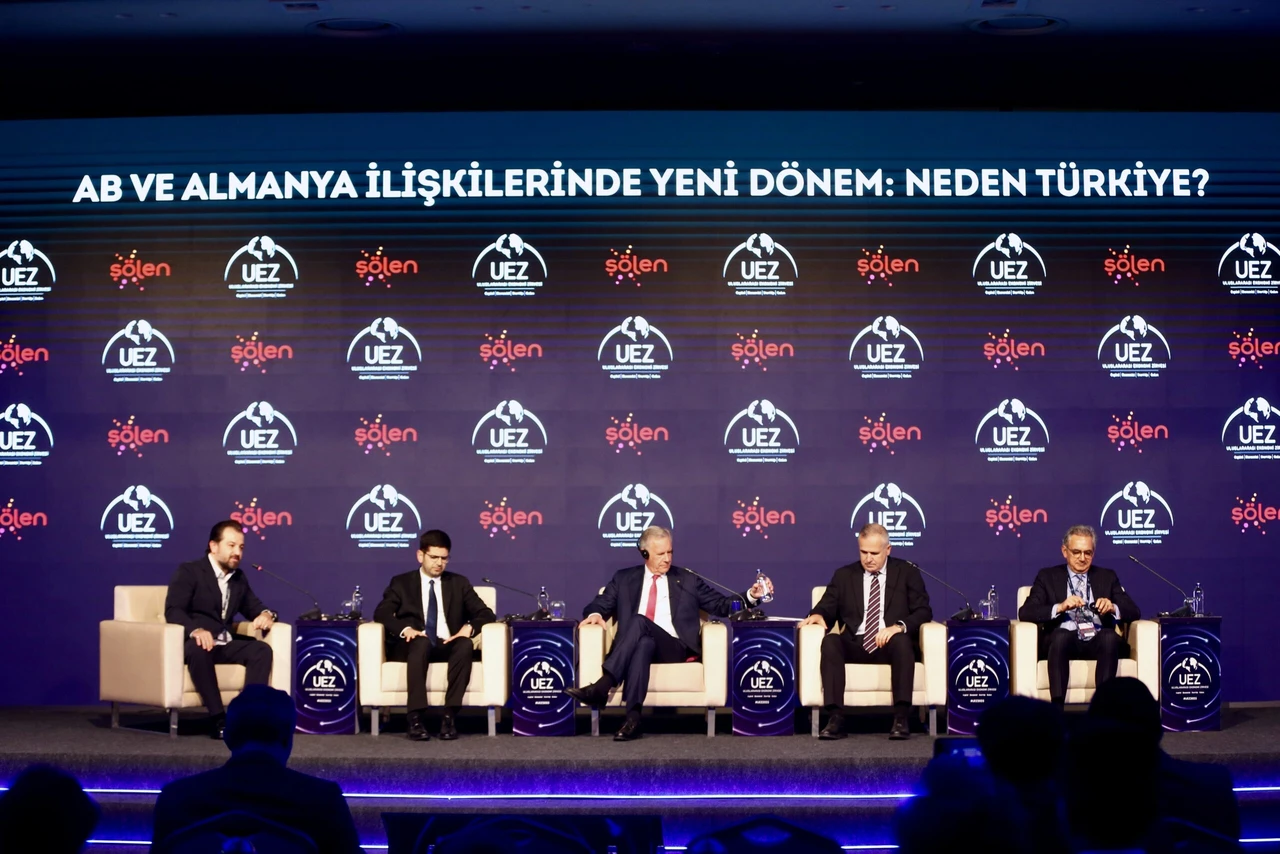 A panel titled "A New Era in EU-Germany Relations: Why Türkiye?" takes place as part of the International Economic Summit in Sapanca district of Sakarya, Türkiye, on April 18, 2025. (AA Photo)
A panel titled "A New Era in EU-Germany Relations: Why Türkiye?" takes place as part of the International Economic Summit in Sapanca district of Sakarya, Türkiye, on April 18, 2025. (AA Photo)
Senior Turkish and European officials on Friday called for the long-overdue modernization of the EU–Türkiye Customs Union, stressing the need to adapt the trade framework to current economic realities.
The remarks were made during the International Economic Summit held in Sakarya, Türkiye, where public and private sector leaders gathered to discuss investment, trade partnerships, and regional cooperation.
Speaking at the panel titled “A New Era in EU-Germany Relations: Why Türkiye?” Ahmet Burak Daglioglu, head of the Investment Office of the Presidency of Türkiye Daglioglu highlighted Türkiye’s transformation over the past two decades.
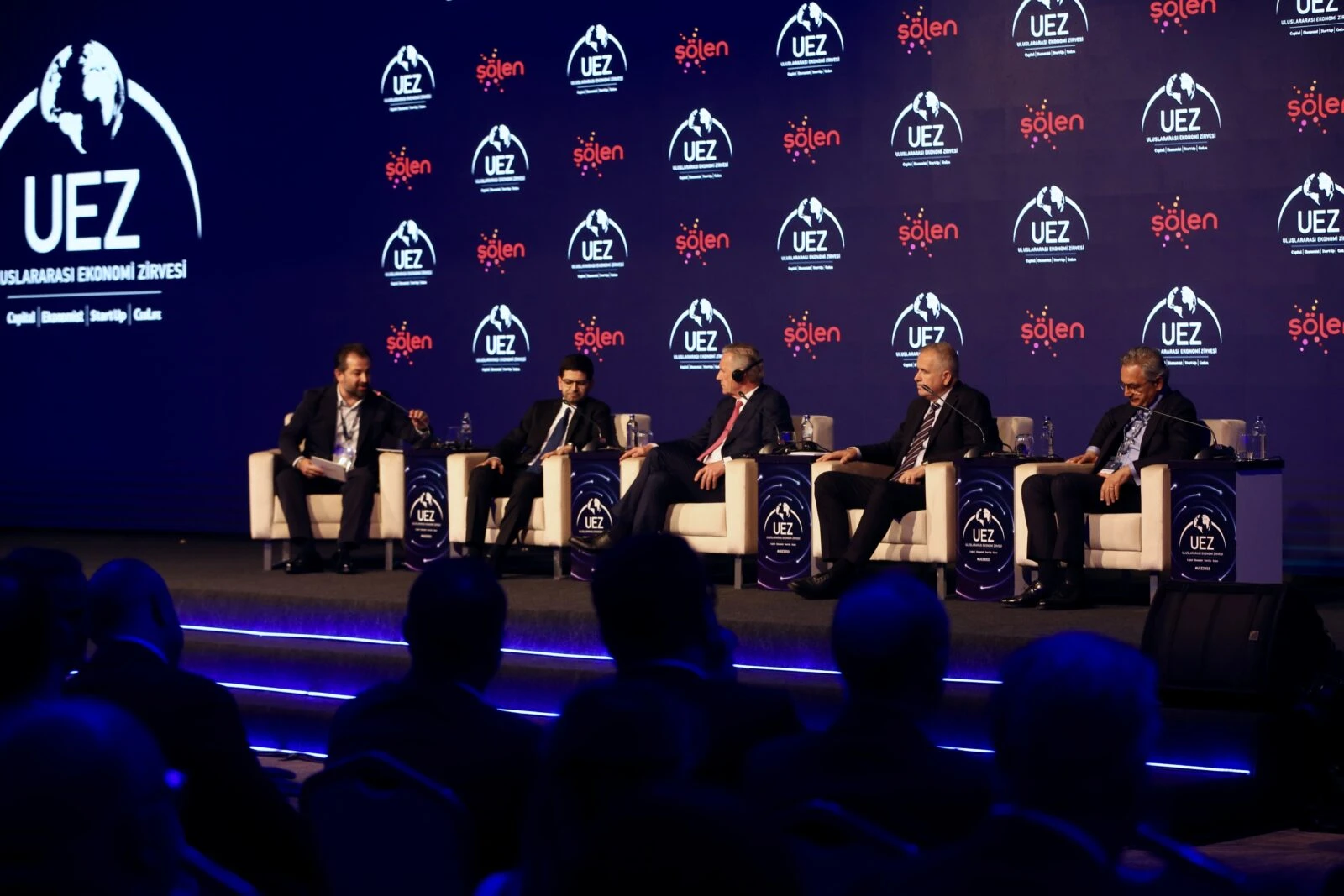
“Our exports have surged from $30 billion 22 years ago to over $260 billion today. Back then, our GDP stood at around $200 billion; now, we are a $1.3 trillion economy,” he said. “Mutual investment is always more valuable.”
He noted that under the leadership of President Recep Tayyip Erdogan, Türkiye has emerged as a regional hub in manufacturing, research and development, logistics and regional headquarters for international companies.
“Thanks to the political stability over the last 20 years and the extensive public-private partnership programs, we have made substantial investments in logistics, energy, healthcare, education, and digital infrastructure,” he said. “Türkiye, once described as a bridge between Asia and Europe, has now become a global connection point.”
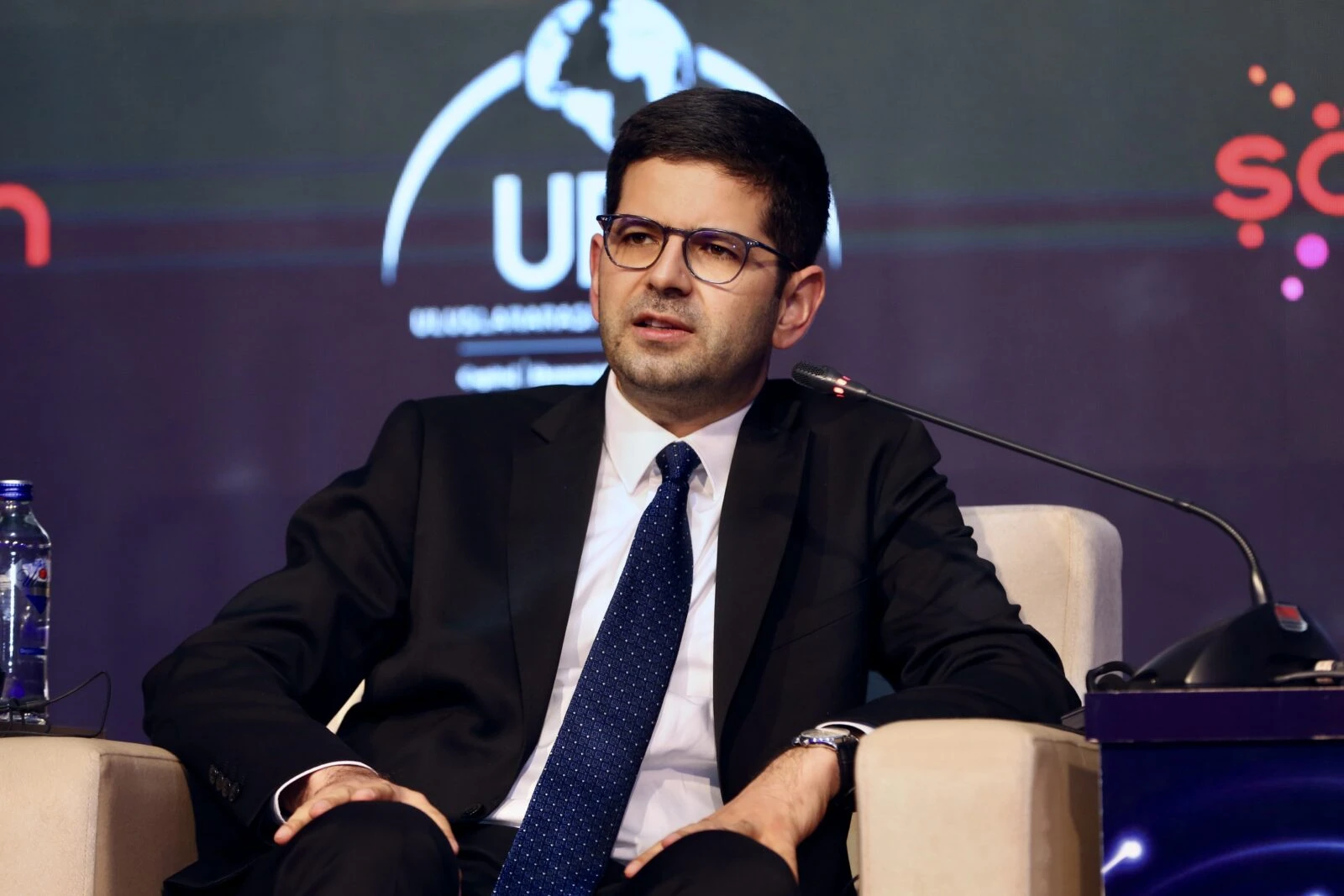
EU as largest foreign investment partner of Türkiye
Daglioglu emphasized that Türkiye has attracted more than $270 billion in foreign direct investment since 2003, with nearly 70% of it originating from Europe. He also stressed the importance of Türkiye’s Customs Union with the EU and its 27 free trade agreements, adding that three more are currently in progress.
“With access to a market of over 1 billion people, Türkiye offers investors unparalleled reach when combined with its own domestic market,” he said. Highlighting the country’s strong labor market, Daglioglu underscored Türkiye’s young and capable workforce as a key advantage over neighboring countries.
He also pointed to Türkiye’s industrial diversity, naming sectors such as energy and energy equipment, food technologies, and environmental technologies as major areas of growth. “We are leading in food and agriculture investment across the region. We are also attracting increasing capital in R&D, innovation centers, and technology startups,” he said.
Call to modernize EU–Türkiye Customs Union
The EU–Türkiye Customs Union, established in 1995, has not been updated to reflect modern trade dynamics. While it enables tariff-free trade in industrial goods, it excludes sectors such as services, agriculture, and public procurement. Additionally, Türkiye is not part of the EU’s decision-making process on trade agreements, which affects its competitiveness and creates regulatory misalignments.
These limitations have prompted repeated calls for modernization to address emerging trade realities and improve dispute resolution mechanisms.
Christian Wulff, former president of Germany and chair of the German-Turkish Business Council, reinforced the message. “It’s been nearly 30 years since Türkiye entered the Customs Union. It must be modernized and expanded to reflect today’s realities,” he said. He emphasized the importance of closer cooperation between Türkiye and Germany, citing shared NATO membership and the need for collaboration in regions like Ukraine and Syria.
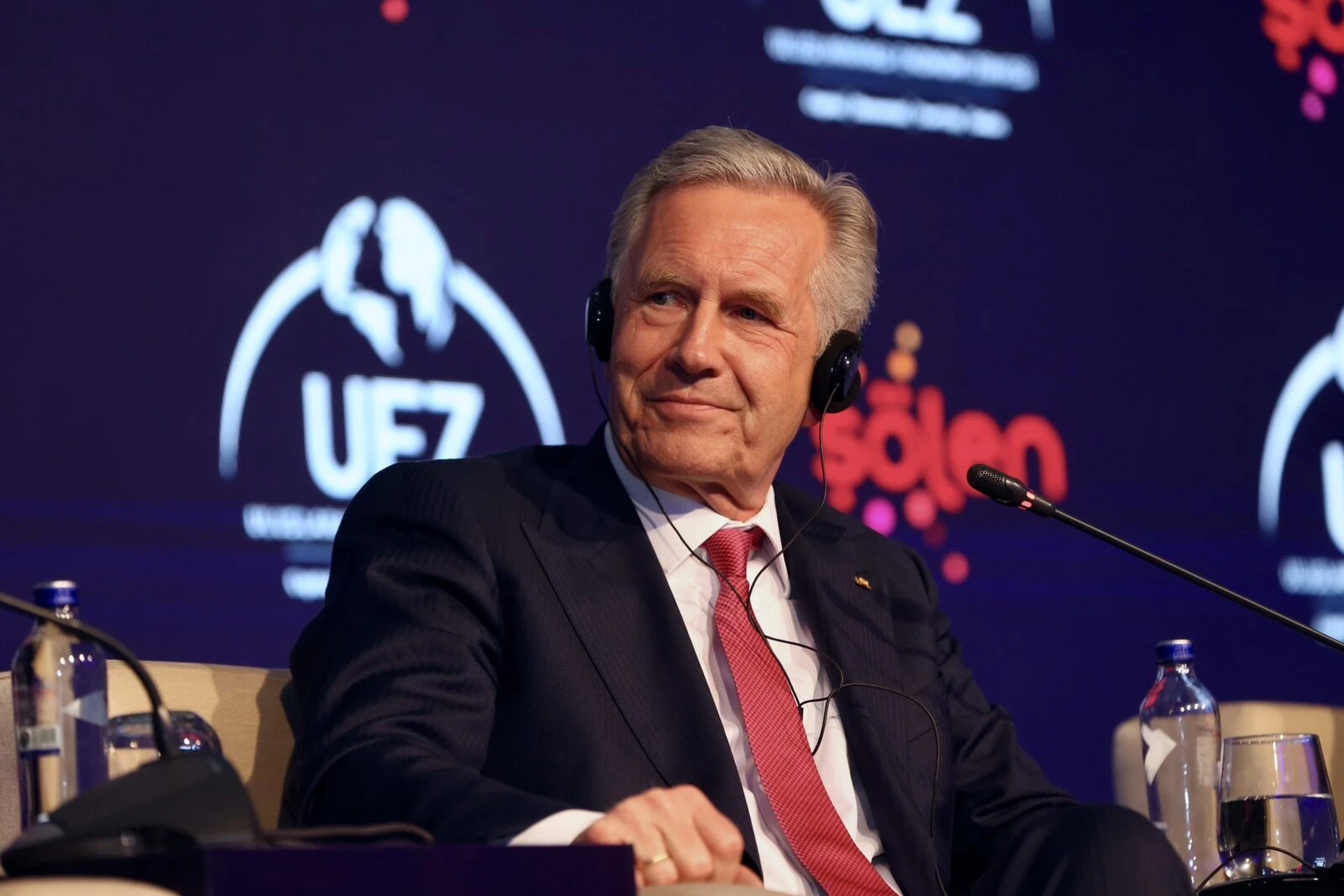
Wulff also drew attention to ongoing visa issues that complicate travel from Türkiye to the EU. “If these barriers are addressed, there will be far greater opportunities,” he said, adding that Türkiye could play a major role in supplying hydrogen to Europe. “I’ve been asking myself for decades why we aren’t fully utilizing these opportunities.”
Türkiye as a model for public-private partnerships
Cenk Alper, CEO of Sabanci Holding, said the group operates in 17 countries, more than half of which are in Europe. “Our partnerships are designed to enhance cooperation between Europe and Türkiye. In the past five years, we have invested more than $1 billion in Europe,” he said.
Alper said Sabanci is focusing on digital infrastructure, energy, and advanced materials. “By investing in digital transformation—one of the major growth areas for both Türkiye and Europe—we hope to help address shared challenges and also increase foreign exchange inflows to Türkiye, contributing to narrowing the trade deficit,” he said.
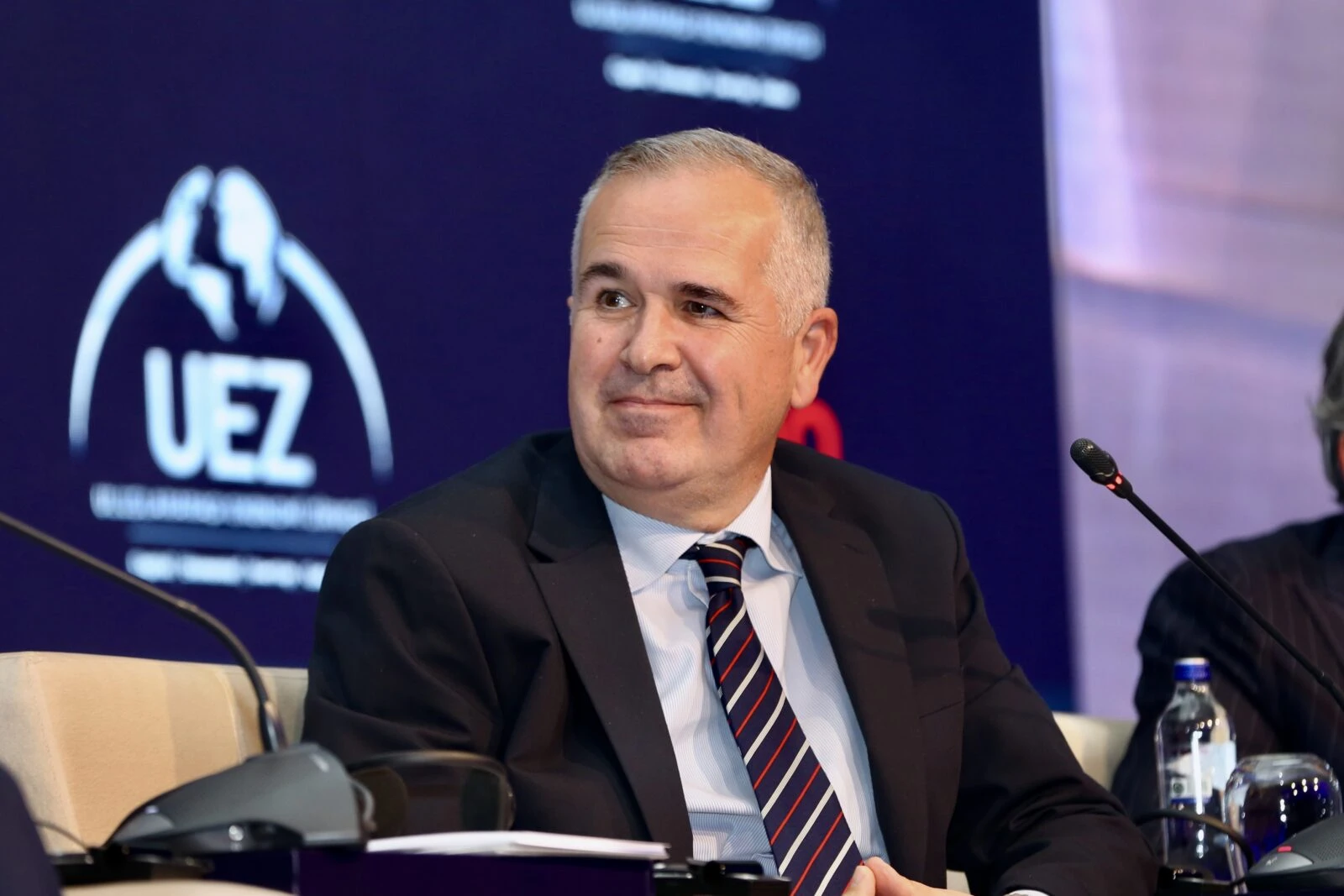
Mehmet Ali Yalcindag, Chair of the Türkiye-Germany Business Council under the Foreign Economic Relations Board (DEIK), emphasized that Türkiye is Germany’s largest trade partner and called for increasing the bilateral trade volume.
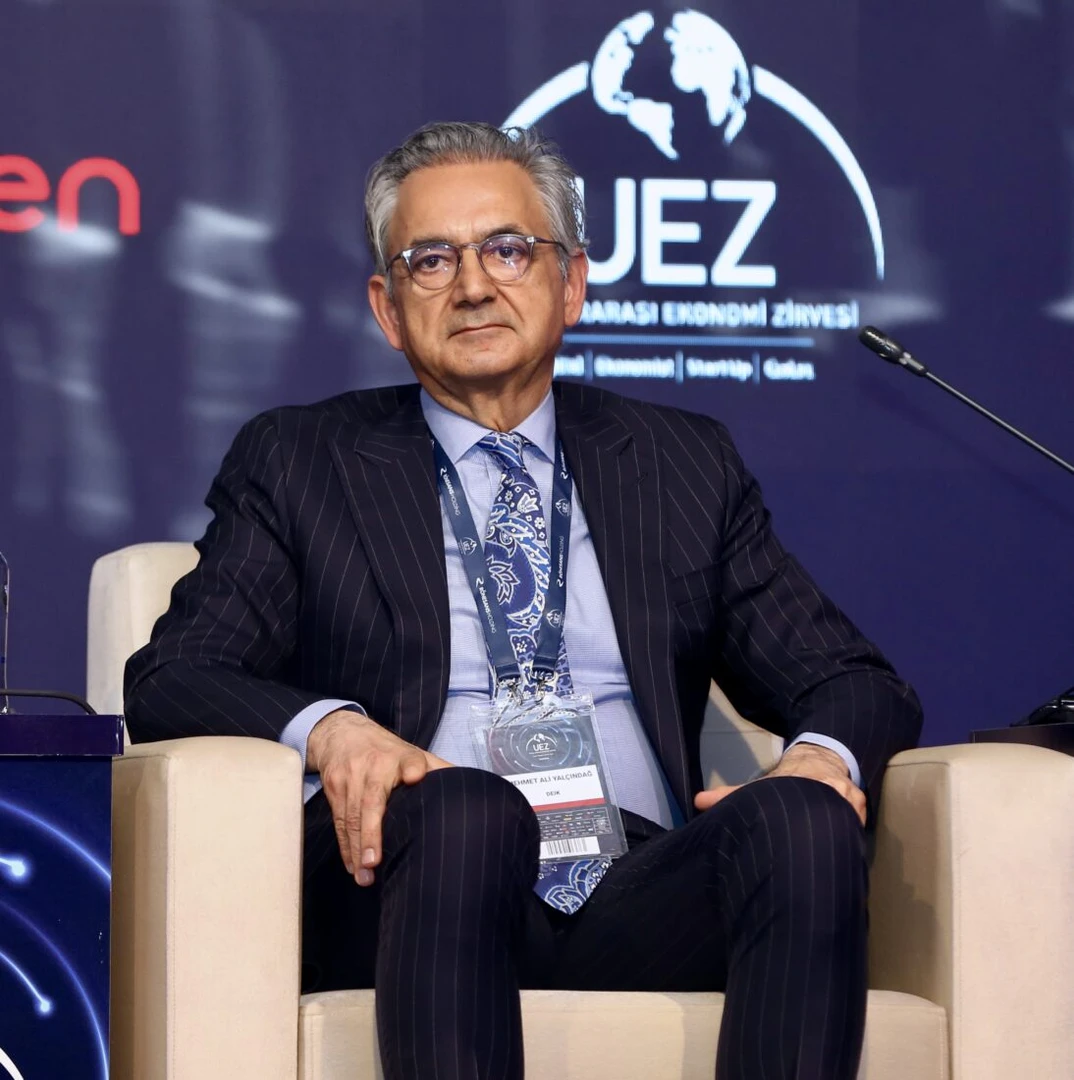
He noted that Germany faces a demographic challenge, with six million people expected to retire over the next five years. “German policymakers will have to find solutions, and Türkiye can be part of that answer,” he said.
In a separate panel moderated by Ibrahim Halil Oztop, CEO of Türkiye Development and Investment Bank, key international stakeholders emphasized Türkiye’s importance in long-term investment planning.
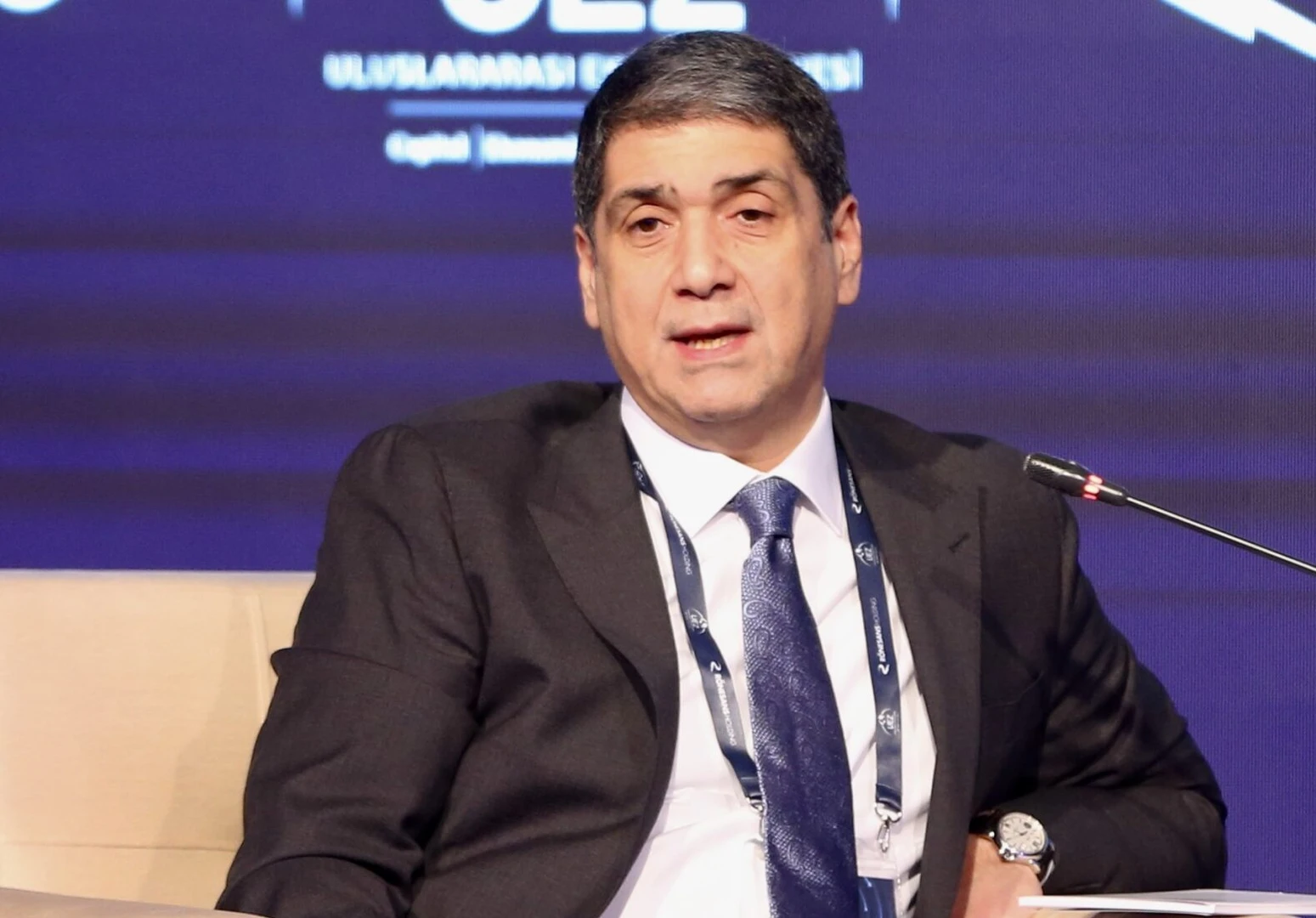
Elisabetta Falcetti, Türkiye managing director for the European Bank for Reconstruction and Development (EBRD), described Türkiye as the largest country in the bank’s portfolio. “Last year alone, we invested a record €2.6 billion ($2.96 billion) in Türkiye,” she said. “We see Türkiye as a showcase for effective public-private partnerships.”
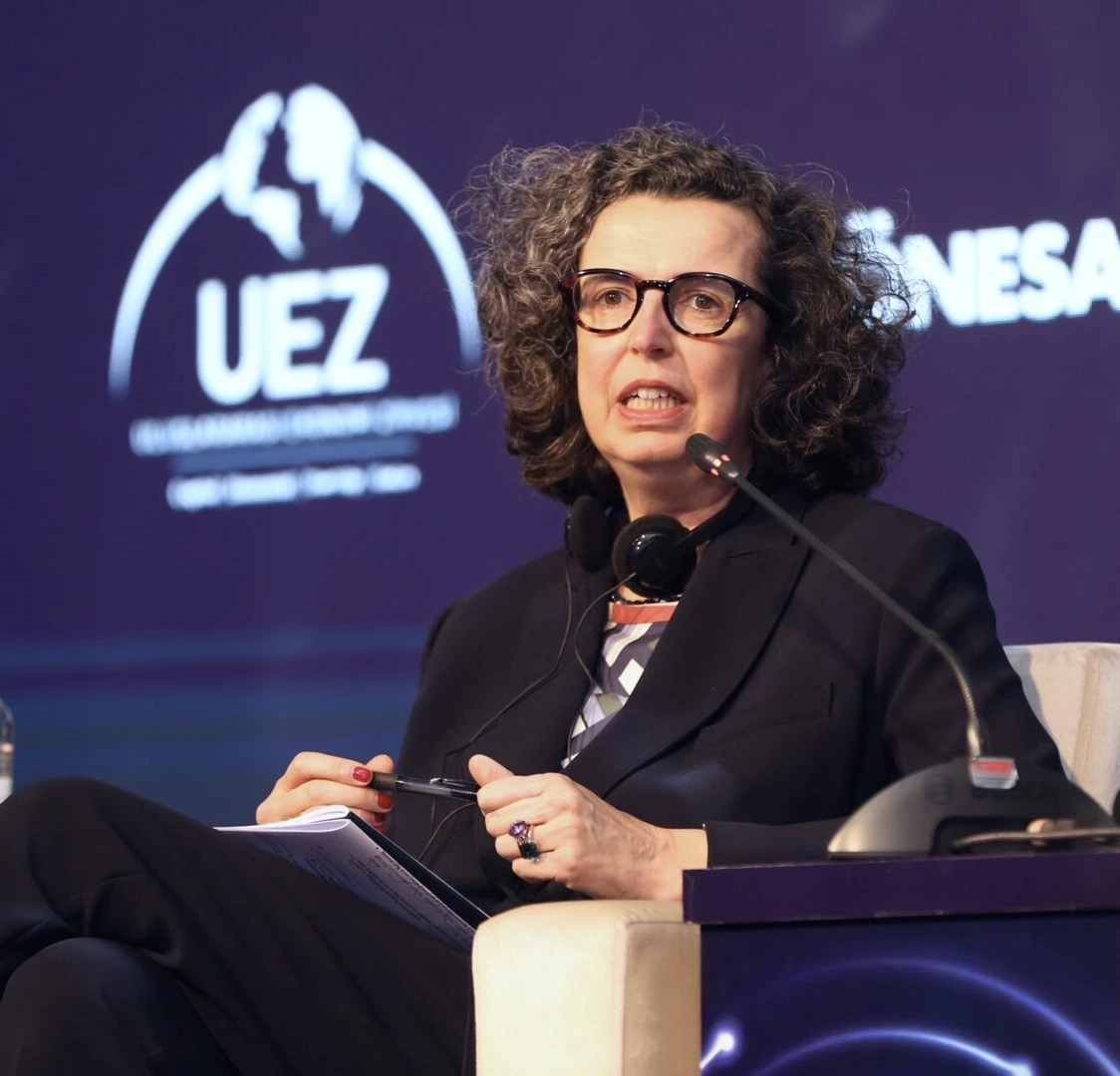
Wiebke Schloemer, Türkiye and Central Asia director at the International Finance Corporation (IFC), echoed the sentiment. “Last year, we committed more than $3.5 billion to Türkiye, and this year’s figure will likely be even higher,” she said.
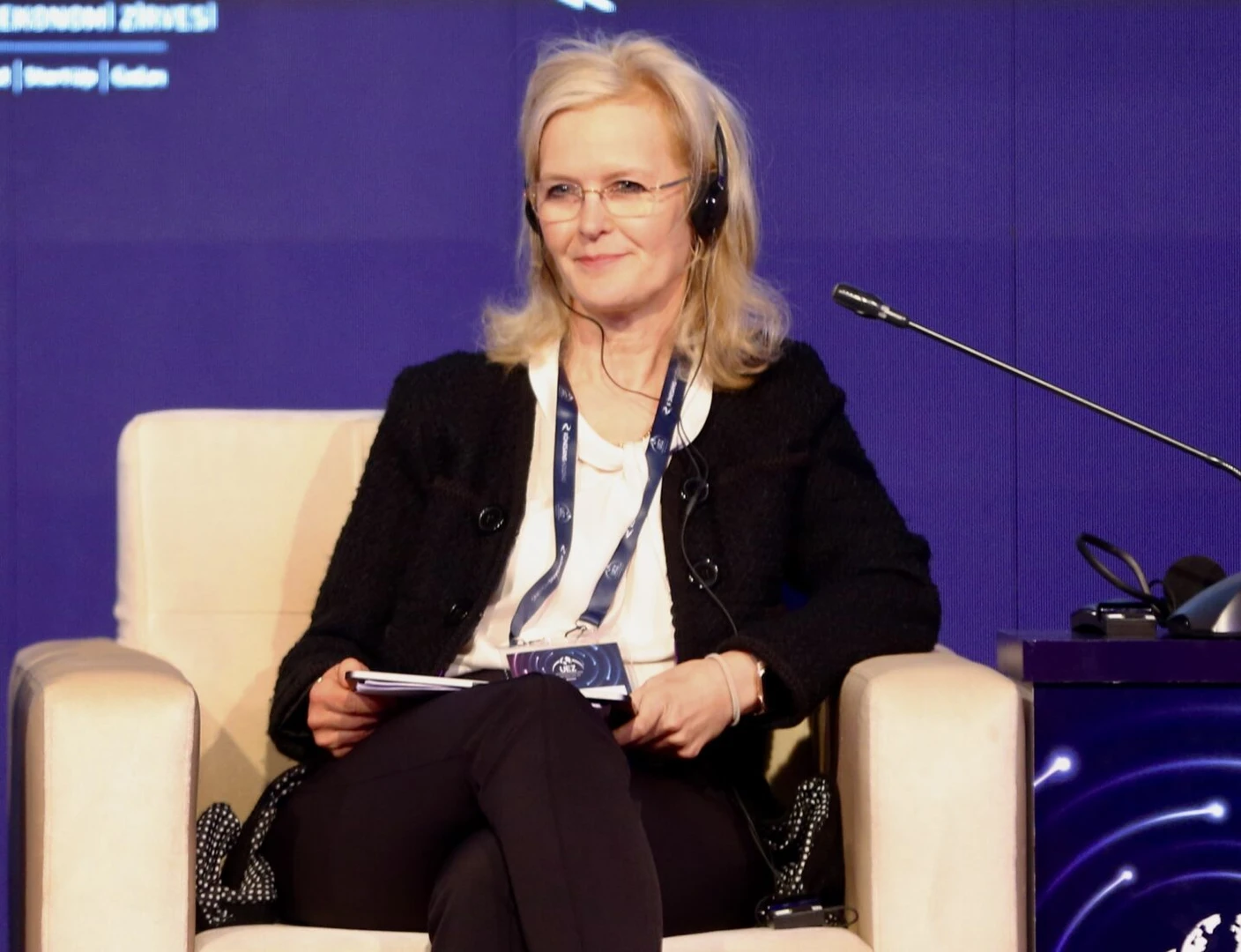
“Having worked globally over the past 25 years, I can say the Turkish private sector is remarkably resilient and agile in the face of crises.”
Erman Ilicak, honorary chairman of Ronesans Holding, shared his experience of building growth models based on partnerships.
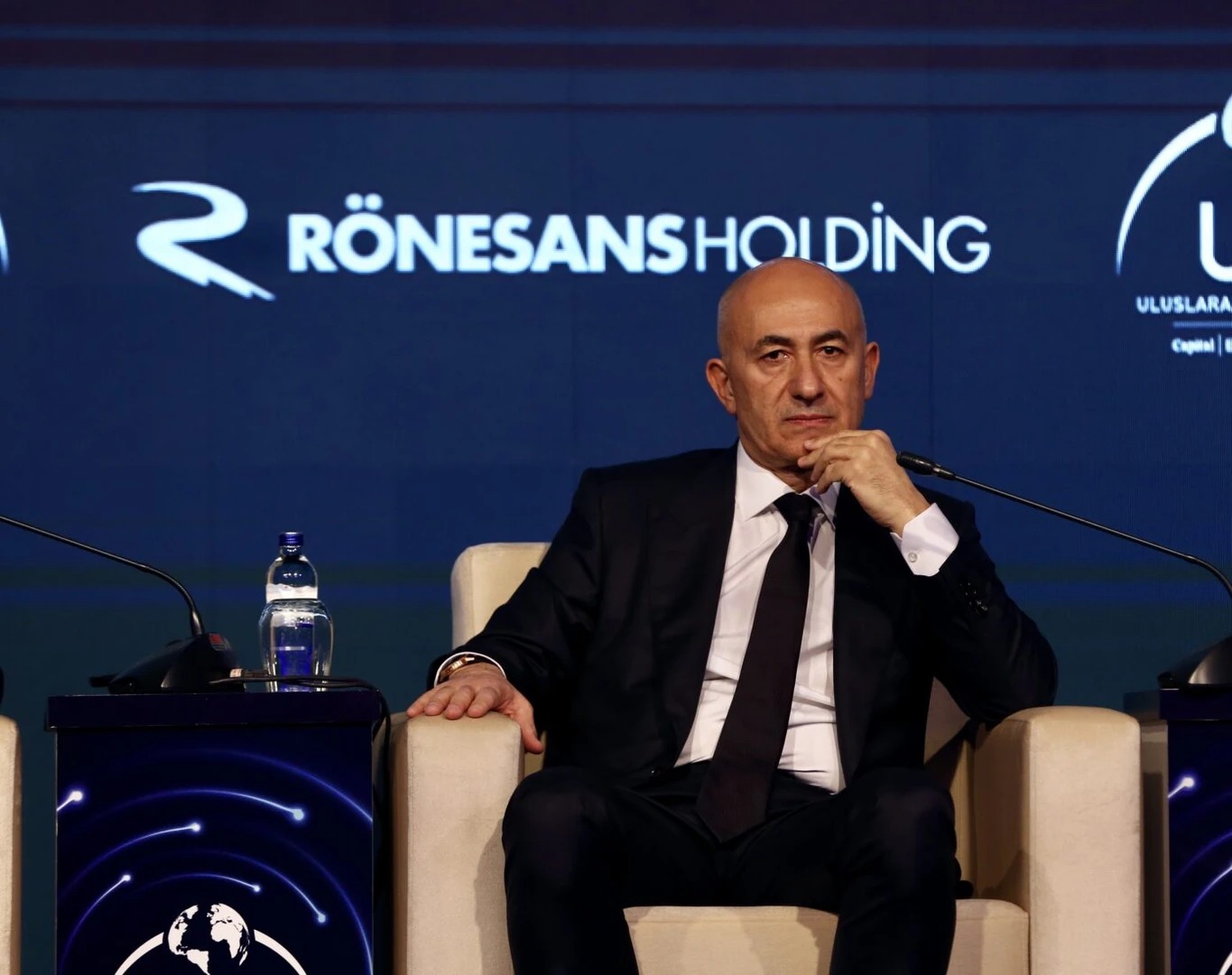
“Our philosophy is to create something, form a partnership, complete projects together, and maintain strong long-term relationships,” he said.

